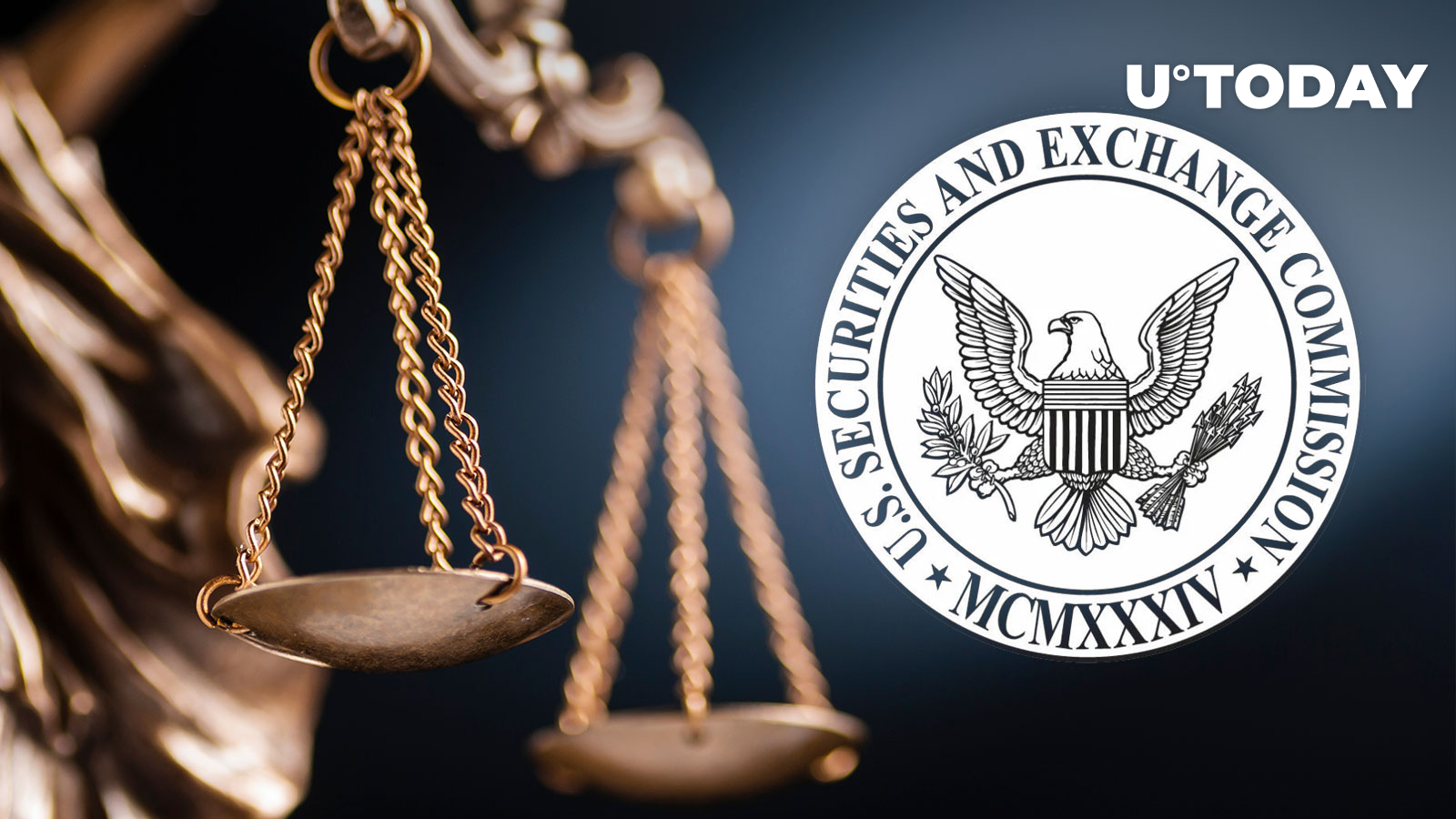Crypto Companies Registered With Sec In The Spotlight
Kicking off with crypto companies registered with SEC, the landscape of cryptocurrency is evolving rapidly, and regulation plays a crucial role in shaping its future. The U.S. Securities and Exchange Commission (SEC) acts as a gatekeeper, ensuring that these companies adhere to legal standards while promoting investor protection.
This registration not only fosters legitimacy but also opens doors to funding opportunities and enhances credibility in a highly competitive market. As we unravel the intricacies of SEC registration, we'll explore its significance, benefits, and the challenges that crypto companies face on this journey.
Overview of Crypto Companies Registered with SEC
The landscape of cryptocurrency is rapidly evolving, and the role of regulatory bodies like the U.S. Securities and Exchange Commission (SEC) has become increasingly significant. As the primary regulatory authority overseeing securities markets, the SEC plays a crucial role in ensuring that crypto companies operate within legal frameworks, thereby protecting investors and maintaining market integrity. Being registered with the SEC is not just a bureaucratic step; it signifies compliance with established regulations and enhances a firm's credibility and legitimacy.Several notable crypto companies have taken the step to register with the SEC, including Coinbase, which became the first major crypto exchange to go public via a direct listing in April 2021.
Another example is BlockFi, a cryptocurrency lending platform that also secured SEC registration, thereby demonstrating its commitment to regulatory compliance.
Benefits of SEC Registration for Crypto Companies
Registering with the SEC offers numerous advantages for crypto companies, particularly in terms of credibility and investor trust.
- Enhanced Credibility: SEC registration signals to investors that the company adheres to rigorous regulatory standards, which can enhance its reputation in a notoriously skeptical market.
- Increased Investor Confidence: Registration can provide reassurance to potential investors, as they see that the company is transparent about its operations and financial status, thus mitigating risks associated with investing in unregulated entities.
- Access to Funding Opportunities: Registered companies often find it easier to access capital markets, allowing them to raise funds through public offerings or institutional investments.
Challenges Faced by Crypto Companies in SEC Registration
While the benefits are substantial, crypto companies also face significant challenges during the SEC registration process.
- Regulatory Hurdles: Navigating the complex regulatory landscape can be daunting, as the SEC has specific requirements that not all companies are prepared to meet.
- Compliance Costs: The costs associated with compliance can be high, especially for smaller startups, which may struggle to allocate sufficient resources for legal and operational adjustments.
- Startup vs. Established Companies: Startups often face greater complexities in registration compared to established firms that have more resources and experience in dealing with regulatory bodies.
Process of Registering a Crypto Company with SEC
The process of registering a crypto company with the SEC is detailed and requires careful preparation.
- Preparation of Financial Statements: Companies must prepare audited financial statements that reflect their financial health and operational results.
- Filing Registration Statement: A registration statement, typically Form S-1, must be submitted, detailing the company’s business model, financials, and risk factors.
- Review Process: The SEC will review the submission, which may require additional information or amendments before approval.
- Effective Registration: Once the SEC is satisfied, the registration becomes effective, allowing the company to launch its public offering.
Additionally, companies must prepare a checklist of compliance measures, including but not limited to:
- Conducting internal audits to ensure accuracy in financial reporting.
- Establishing robust compliance and risk management protocols.
- Ensuring all marketing materials are in accordance with SEC guidelines.
Case Studies of Crypto Companies Registered with SEC

Several crypto companies have experienced notable success after registering with the SEC, showcasing the potential benefits of compliance.
- Coinbase: After its direct listing, Coinbase's stock performance demonstrated strong investor interest, reflecting the market's trust in a regulated entity.
- Ripple: Although facing legal challenges, Ripple’s pursuit of registration has kept it in the spotlight, influencing discussions on regulatory clarity in the crypto space.
Challenges have also emerged during the registration processes, with some companies experiencing delays or requiring significant changes to their business models to meet SEC standards. Comparing registered and unregistered crypto companies shows a marked difference in performance, with registered firms often enjoying better market trust and access to funding.
Future Trends in SEC Regulation of Crypto Companies
As the cryptocurrency market evolves, so do the regulatory frameworks surrounding it. Emerging trends indicate a push toward more comprehensive regulation by the SEC, which may include stricter compliance requirements and enhanced oversight.
- Increased Regulatory Scrutiny: The SEC is likely to enhance its scrutiny of crypto companies, ensuring that they adhere to consumer protection standards.
- Potential Policy Changes: Future changes in SEC policies may result in clearer guidelines for token classifications and treatments, impacting how new projects approach compliance.
- Impact of Technological Advancements: Innovations such as blockchain technology might influence regulatory approaches, leading to more dynamic and adaptable regulatory frameworks.
International Perspectives on Crypto Companies and SEC Registration
When comparing the SEC's regulations to those of other countries, notable differences arise, especially in how regulations are structured and enforced.
- Global Regulatory Landscape: Countries like Switzerland and Singapore have developed more crypto-friendly regulatory environments, contrasting with the SEC's cautious approach.
- Impact on U.S. Registered Companies: International regulations can influence U.S. firms’ operations, particularly those looking to expand globally or engage with foreign investors.
- Global Trends: The rise of decentralized finance (DeFi) and non-fungible tokens (NFTs) is prompting regulators worldwide to rethink their strategies, which may lead to harmonization in regulations.
Final Thoughts

In conclusion, navigating the registration process with the SEC is a pivotal step for crypto companies aiming to solidify their place in the market. While challenges exist, the benefits of increased credibility, investor confidence, and funding opportunities outweigh the hurdles. As regulation continues to adapt to technological advancements, the future looks promising for those willing to embrace compliance and transparency.
Key Questions Answered
What is the role of the SEC in regulating crypto companies?
The SEC oversees the securities industry, ensuring that crypto companies adhere to laws designed to protect investors and maintain fair markets.
Why is SEC registration important for crypto companies?
Registration enhances credibility, builds investor trust, and can provide access to more funding opportunities.
What are common challenges crypto companies face during registration?
Companies often encounter regulatory hurdles, compliance costs, and the complexities of navigating the application process.
How does SEC registration affect investor confidence?
Being registered signals to investors that a company is compliant with regulations, thereby increasing their trust and willingness to invest.
What documentation is typically required for SEC registration?
Companies usually need to submit detailed financial statements, business plans, and compliance checklists as part of their registration process.



